Malcolm Gladwell in his book Outliers says 10,000 hours is the magic number for true expertise. He sites examples of composers, basketball players, skaters, concert pianists, chess players and fiction writers who achieved greatness after 10,000 hours of hard practice. Obviously, 10,000 hours is an enormous amount of time, and most people can’t reach this by themselves. They need people to coach them and support their efforts as they learn how to become an expert. Gladwell’s theory also applies to presenters.
Presenters only become experts when they speak often and practice hard. They hone their craft through coaching and feedback. You may be saying, “This leaves me out” right about now. The reality is you too can become an expert, even if you only rarely make formal presentations. How is this possible? You have to look for opportunities to speak, get feedback and practice.
Most of us attend meetings on a daily basis. Meetings are a perfect setting for practicing clarity and conciseness or any other desired issue. Whenever you answer a question or are asked for your opinion, do it with some forethought. Avoid ad-libbing. Take a moment to think about what your recommendation will be, what you want people to do as a result and how it will benefit them. Be clear and succinct. When the meeting is over, ask for specific feedback from someone in attendance that is a good speaker and willing to give you balanced feedback. Feedback from someone who simply says, “You were good” will not help you to grow.
Most of us have to give status reports or updates. These are also wonderful opportunities to practice organizing and delivering prepared content. When a person rehearses a message out loud a few times, they begin to internalize it so that when they actually do deliver the message, they feel and act more confident. The same will be true for you.
Sometimes, there are opportunities at work to become involved in professional organizations, such as Women in Engineering or The Society of Human Resources Professionals. Instead of sitting back quietly, volunteer to speak on a topic you know well. For example, if you have lived and worked abroad, share your experiences. When possible, tape yourself so that you can do some self-coaching also.
Off the job, there may be opportunities to speak. These might include PTA, Condo Associations, Pool Committees, Fun Runs, or Church groups. Bear in mind that Associations have committees, and committee members have to deliver reports. Families and neighborhoods also have gatherings, reunions or holiday parties, and these too can allow you the chance to practice a skill like adding humor while delivering a toast or roast.
Lastly, there is Toastmasters, an international organization for anyone wanting to get better at speaking. Toastmaster meetings focus on developing speaker skills and attendees always have to get up and “talk.” Participants also offer feedback on each presenter.
While achieving 10,000 hours and the expert speaker status you desire can take some time, it is not out of the question when one considers how much of their day is spent communicating. Just remember, experts, are committed to achievement. They know they must work hard and they seek out people who will help them get better.
Good luck on your journey.
Question: We’re interested in your reaction to this article.
To add your comments click in the “Comment” box below and begin writing. Any questions will be answered by Judy.
Impact Communications, Inc. consults with individuals and businesses to improve their presentation and telephone communication skills. It is not what you know but how you communicate it that makes a difference. When you have to have impact, phone (847) 438-4480 or visit our website, www.ImpactCommunicationsInc.com.

Impact Communications, Inc. was established in 1998. It is a national presentation communication skills and telephone communication skills training company that excels at defining and developing the core elements of effective business communication. With presentation communication skills training, telephone communications skills training, every encounter can be an efficient and lucid transmission of information.
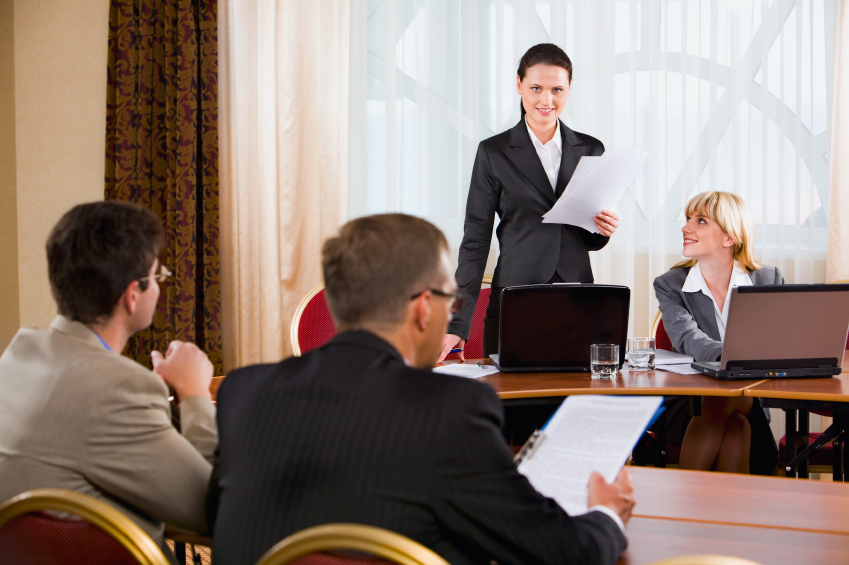
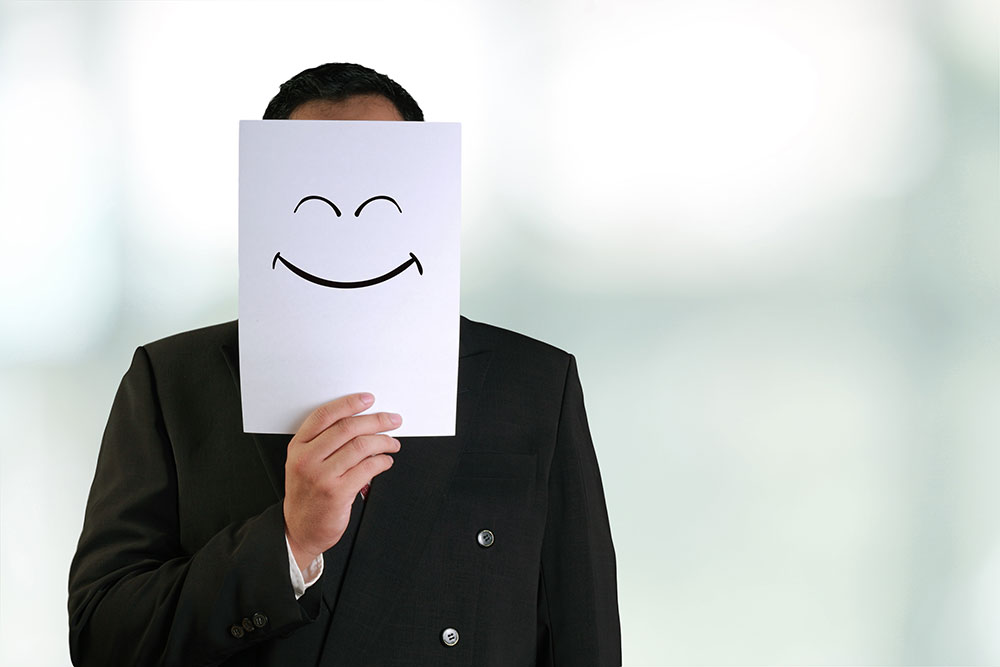
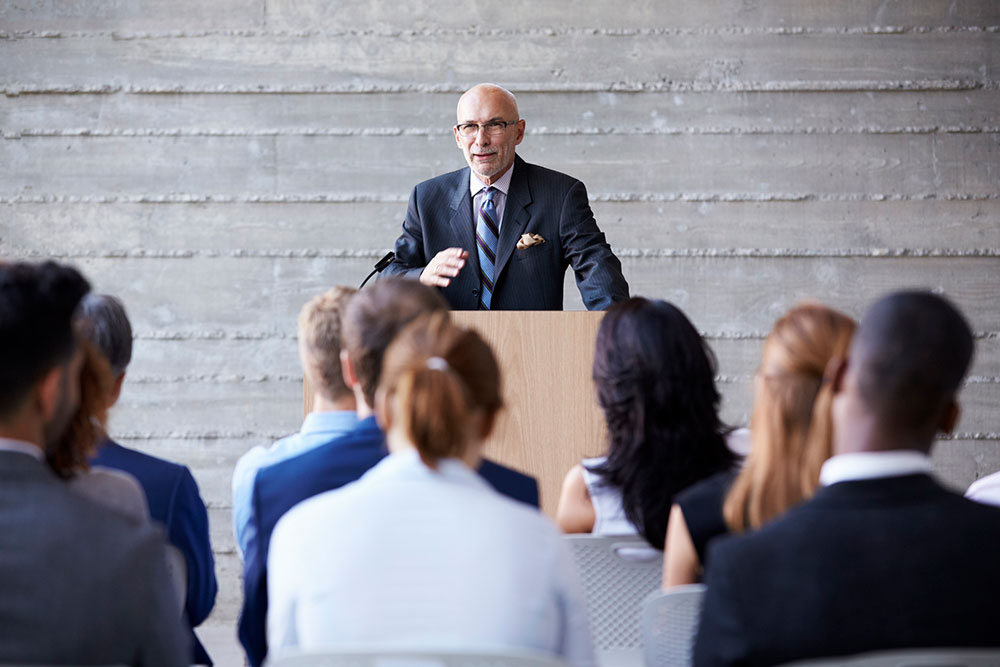
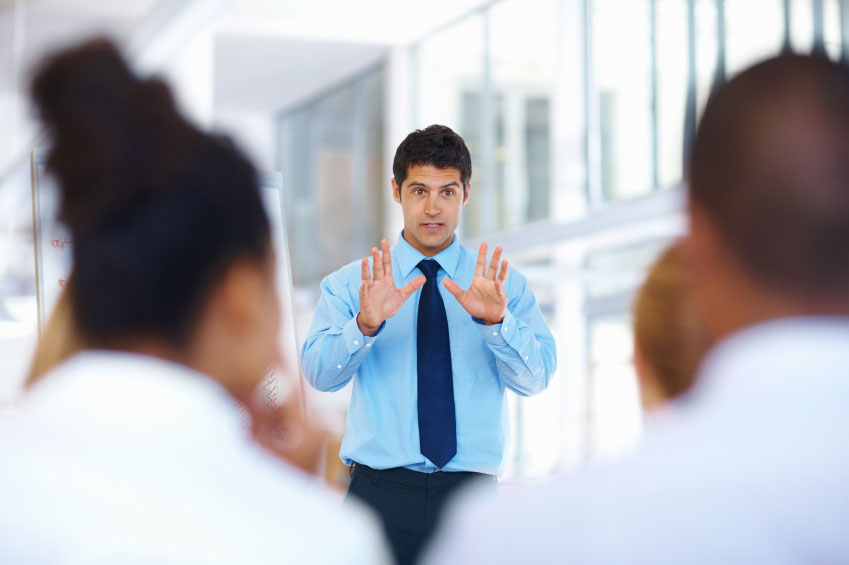
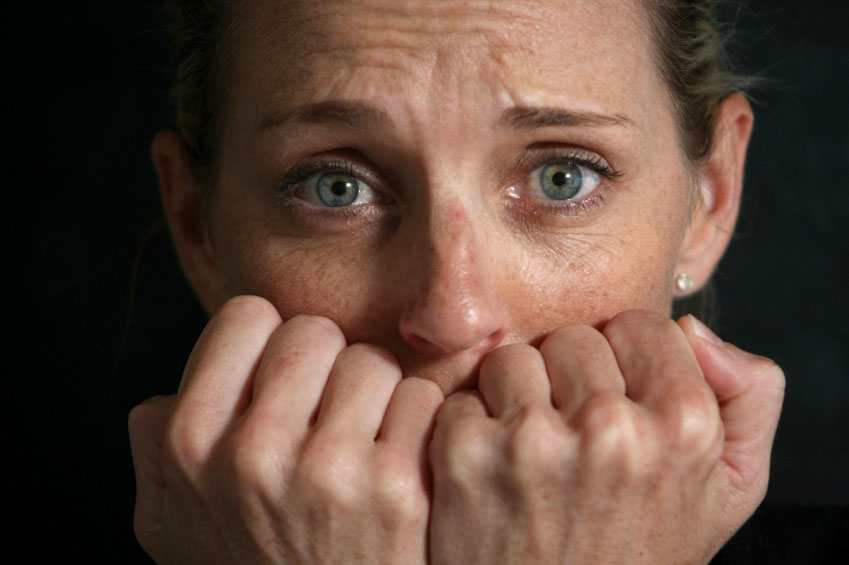

Recent Post Comments